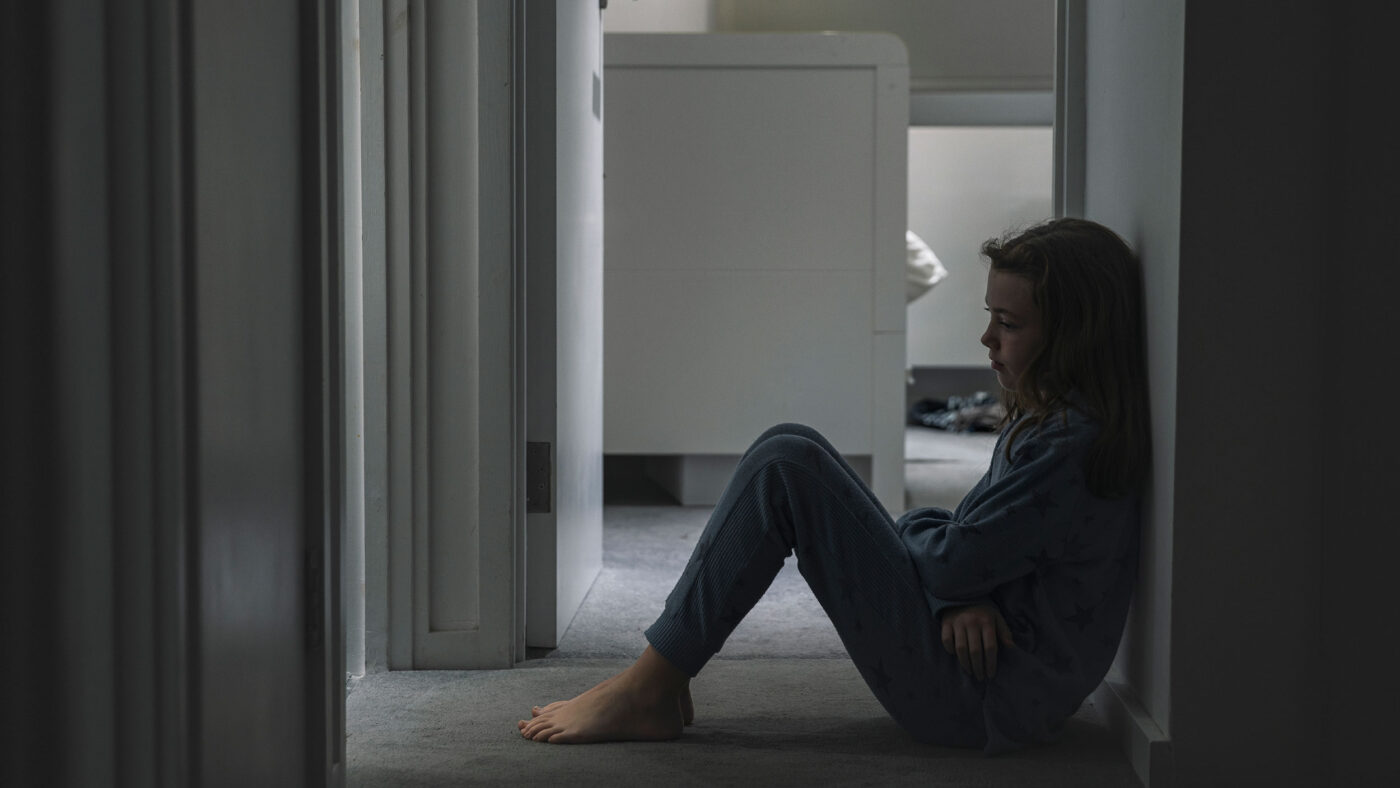Benjamin Disraeli described the rich and the poor as ‘two nations between whom there is no intercourse and no sympathy; who are as ignorant of each other’s habits, thoughts, and feelings, as if they were dwellers in different zones, or inhabitants of different planets’. Today, with the widening gulf between mainstream society and those living in poverty, British society is as divided as it was in the Victorian era.
Nothing shows this more clearly than the prevalence of mental ill health. A new report by the Centre for Social Justice (CSJ), Two Nations, reveals that while 13% of the general population report having a mental health problem, this rises to 40% for the most deprived cohort. The report projects that, if trends continue, by 2030, over a quarter of all children will have a probable mental health condition.
I have spent the past year as part of the CSJ’s Social Justice Commission travelling the length and breadth of Britain, meeting the people behind the statistics. Hearing their stories has been at times desperately sad. But the work of frontline charities, volunteers and community groups who transform lives for the better has also given me hope.
A group of brilliant, articulate young women in Gateshead at Young Women’s Outreach Project (YWOP), a local charity, told us about the challenges they were facing. One told me that almost two years after the first lockdown, she still had friends who wouldn’t leave the house. Another said her anxiety had become much worse after the pandemic. Talking about school, a third revealed that ‘after lockdown I really struggled to go to school, I was off most of the year because of my anxiety’. A few confessed that the initial lockdown provided relief from socialising, but in the long term, the impact on their mental health had been devastating.
The roots of the deep hopelessness that seems to be gripping so many of our children goes back further than the lockdown. As I travelled the country it was clear that family underpins everything – good and bad. The data would appear to support this. Family relationships continue to be a top reason young people contact Childline. More than half of children seen by the Child and Adolescent Mental Health Services cite family relationship problems as a cause of their mental ill health. And children from dysfunctional families have higher levels of mental disorders than the overall population.
Children benefit from a stable family life. Of course there are many exceptions to the rule – and good families come in many different shapes and sizes – but the evidence is that children of married parents tend to have better mental health. ONS data shows that 6% of those aged five to ten with married parents had a mental health disorder compared to 12% with cohabiting parents. Another study found that children who live in any other family type except marriage were more likely to display externalising disorders such as problems with self-control of emotions and behaviours, at age five. Critics often say this is due to income levels, but in this study the gap between children of married and unmarried parents persisted even after an adjustment was made for a range of socio-economic, demographic and health factors.
Despite the clear benefits family stability brings, for the first time in recorded history more first-time mothers in Britain are unmarried than married. The Institute of Fiscal Studies has said that UK families are uniquely fragile when compared to their European counterparts.
While many Westminster politicians are reluctant to talk about family breakdown, the frontline charities we met across the country, working with the most acute forms of disadvantage, are not.
‘I am quite convinced’, said one charity supporting struggling mothers in London, ‘that family breakdown is the root cause of nearly everything to be honest. We are underestimating the role of family breakdown across every issue in society’. Another charity leader supporting those addicted to drugs and alcohol in the North East voiced a similar frustration, ‘One of the things we get frustrated with when we’re working with Government and MPs is that they seem to forget how important family is to all of us. They never really take it into account when they’re making policy.’
The Two Nations report does take family into account and I am certain it will form a key strand of the policy recommendations made by the cross-party Social Justice Commission which is due for publication in the spring.
Talking about family stability may seem like something from a bygone era. But this a matter of economics, not morality. Rising mental ill health is driving economic inactivity which is hamstringing our economic growth. For the sake of our children’s mental health, and for the sake of our economic prospects, preventing family breakdown must become a Government priority.
Click here to subscribe to our daily briefing – the best pieces from CapX and across the web.
CapX depends on the generosity of its readers. If you value what we do, please consider making a donation.


